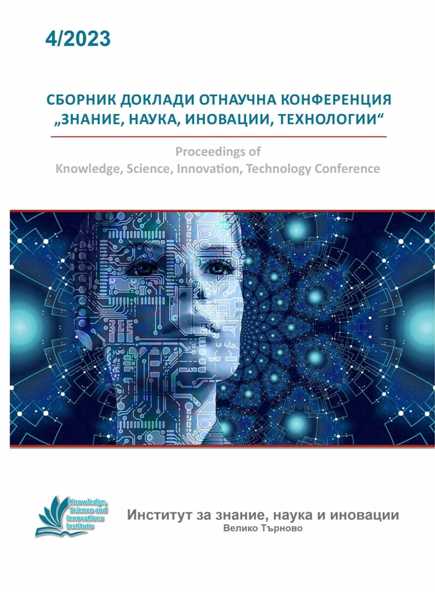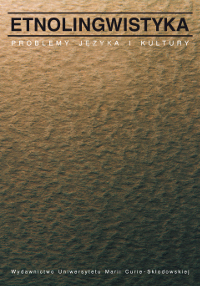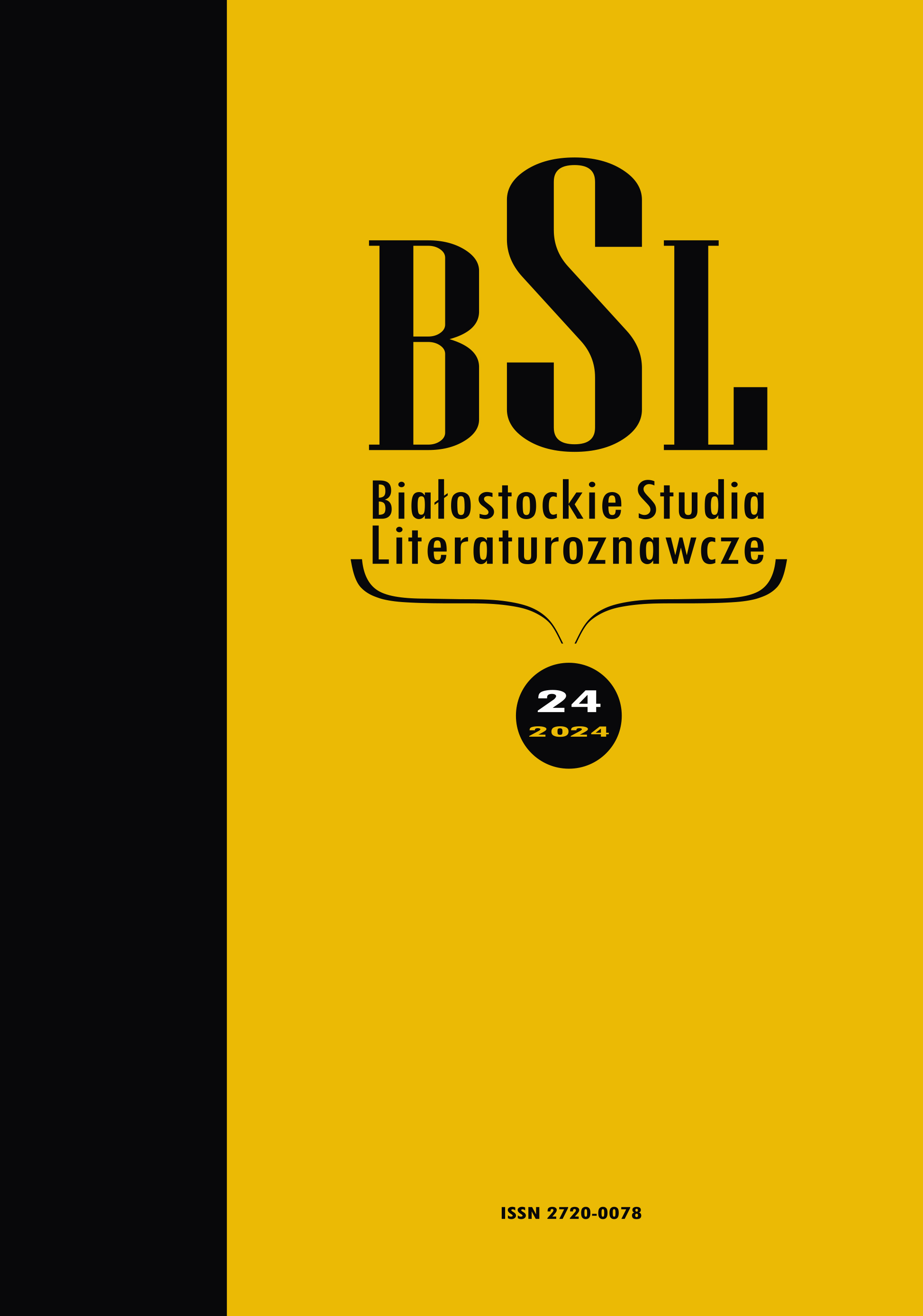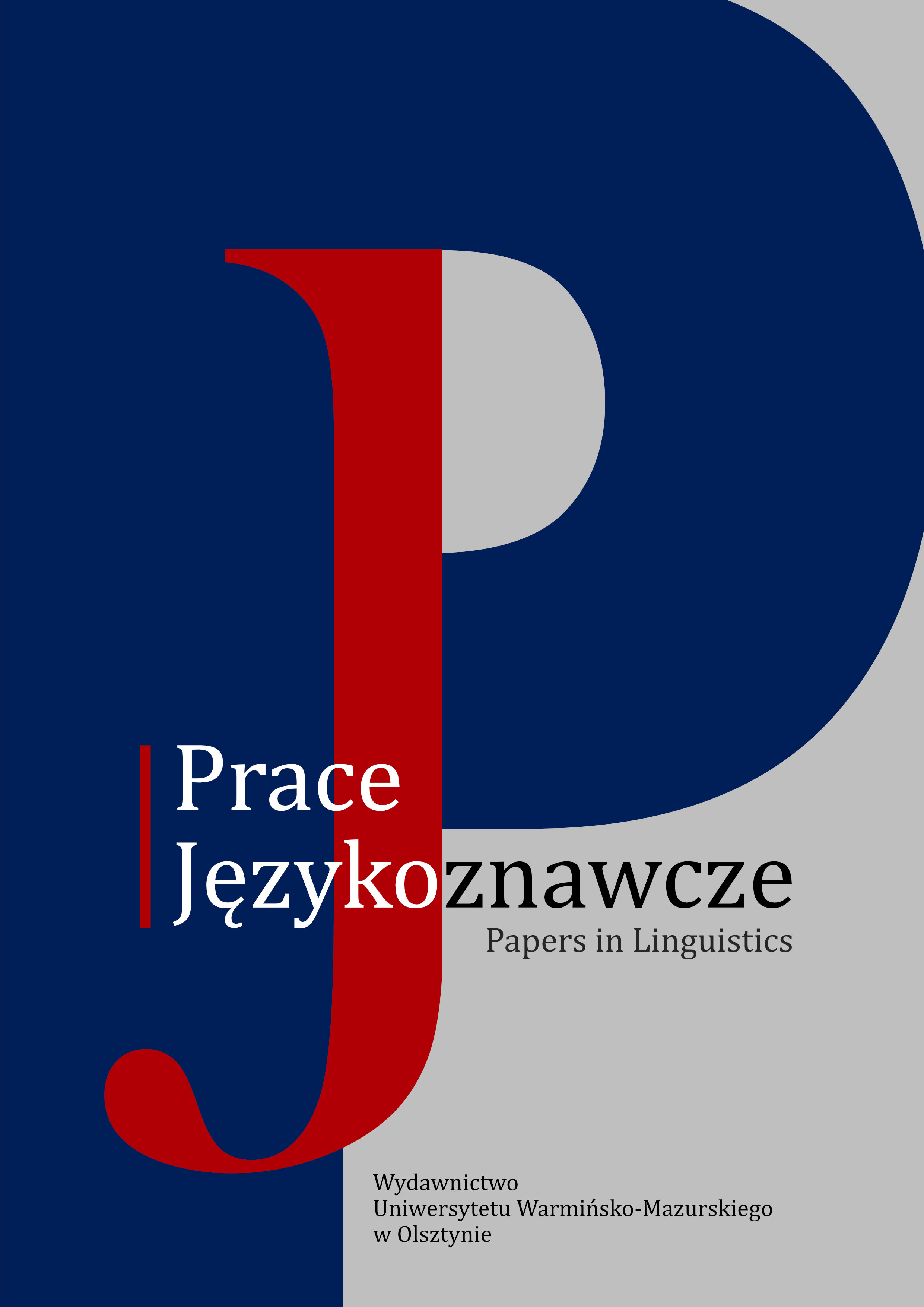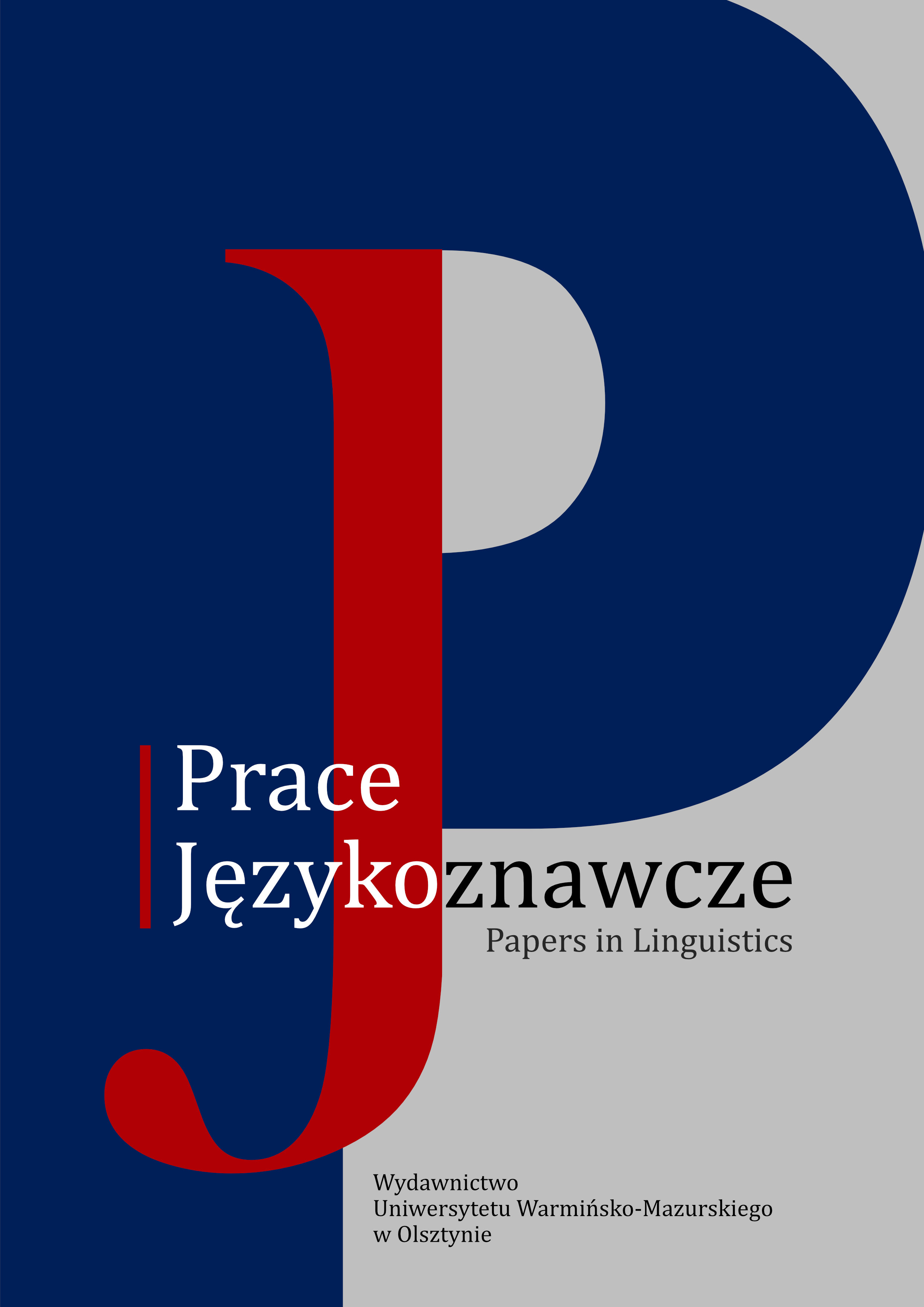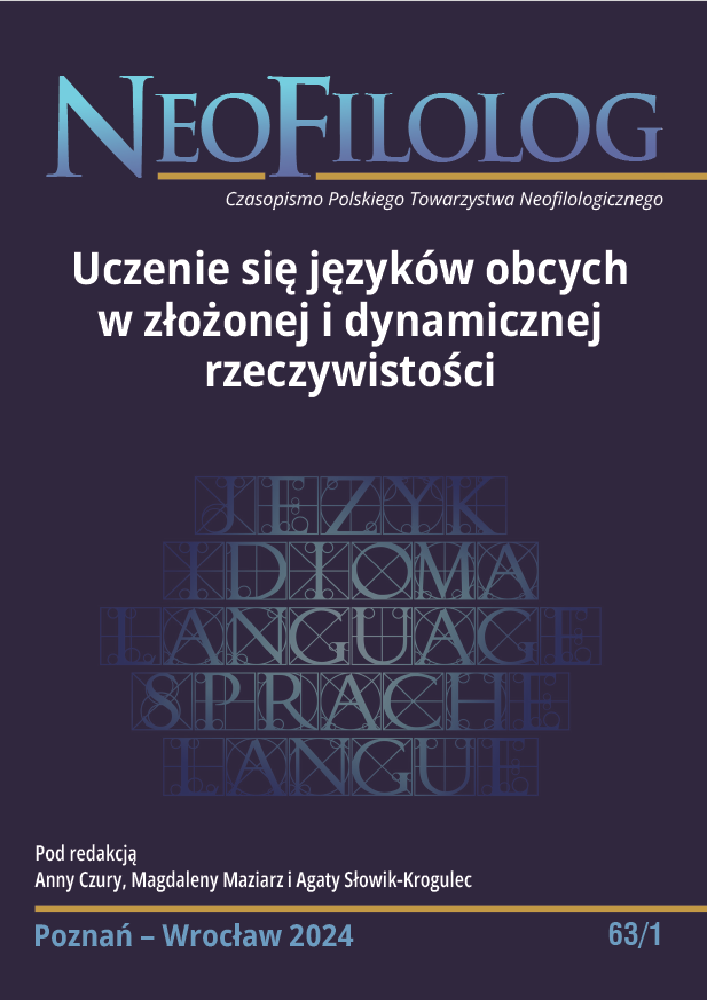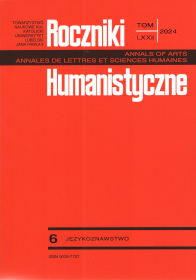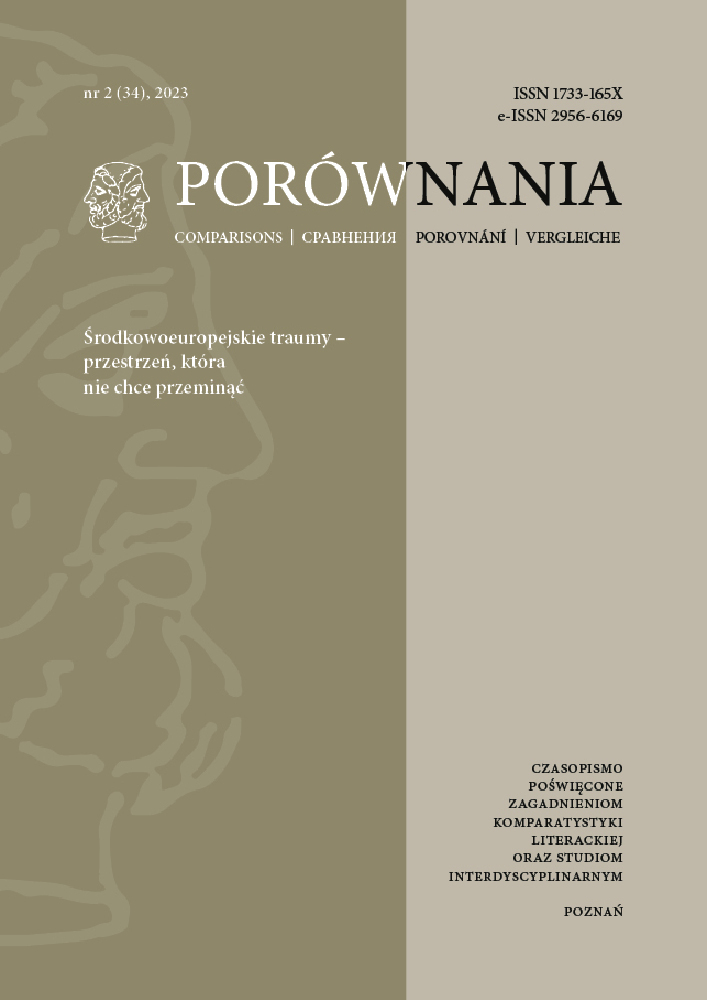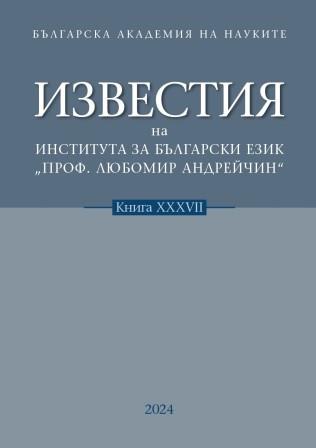
КЛАСЪТ ГЛАГОЛИ В НОРМАТИВНАТА ГРАМАТИКА (ОБЩА ХАРАКТЕРИСТИКА С ОПИСАНИЕ НА КАТЕГОРИИТЕ СПРЕЖЕНИЕ, ЛИЦЕ, ЧИСЛО, ВРЕМЕ И ОБОСОБЯВАНЕ НА ГЛАГОЛНИ ФЛЕКТИВНИ ТИПОВЕ)
Based on the formal approach, the study characterizes the class of verbs in normative grammar. The categories of conjugation, person, number, tense are described and a number of new observations are made about their functioning in view of the current literary norms. Two new classifications are also proposed – in the structural characteristics of the tense category, as well as in the identification of verb inflectional types from the point of view of: combinatorics of the three temporal vowels, morphonological changes and normative features.
More...
